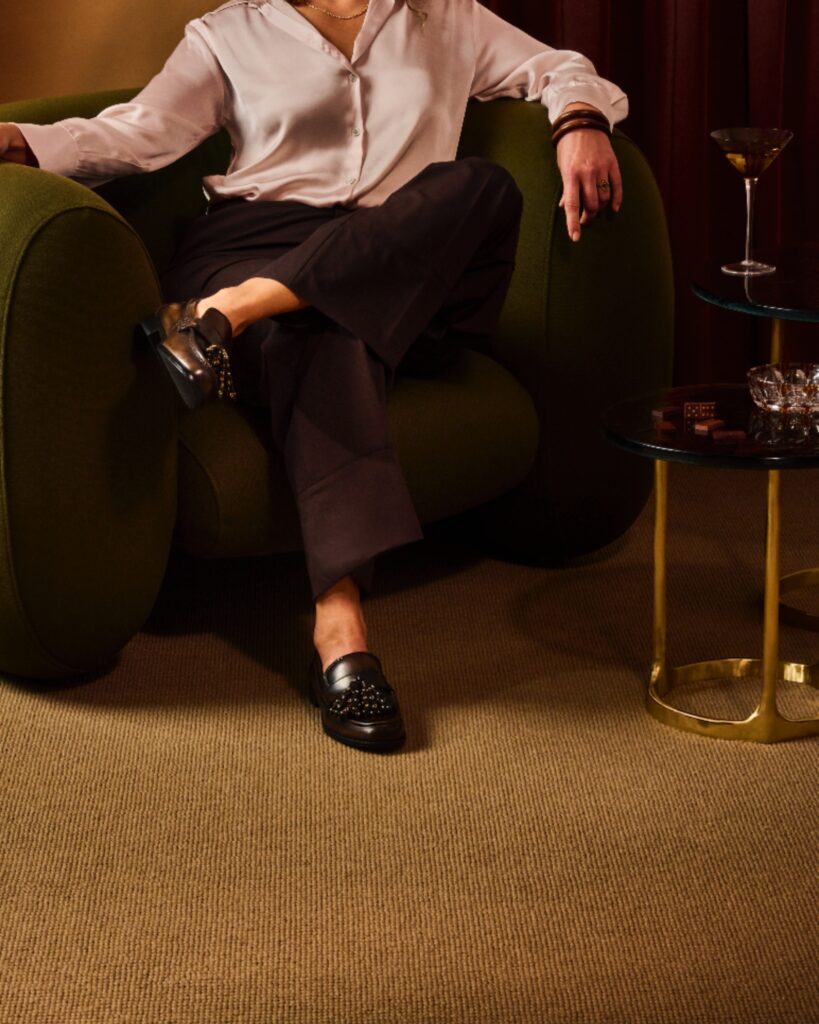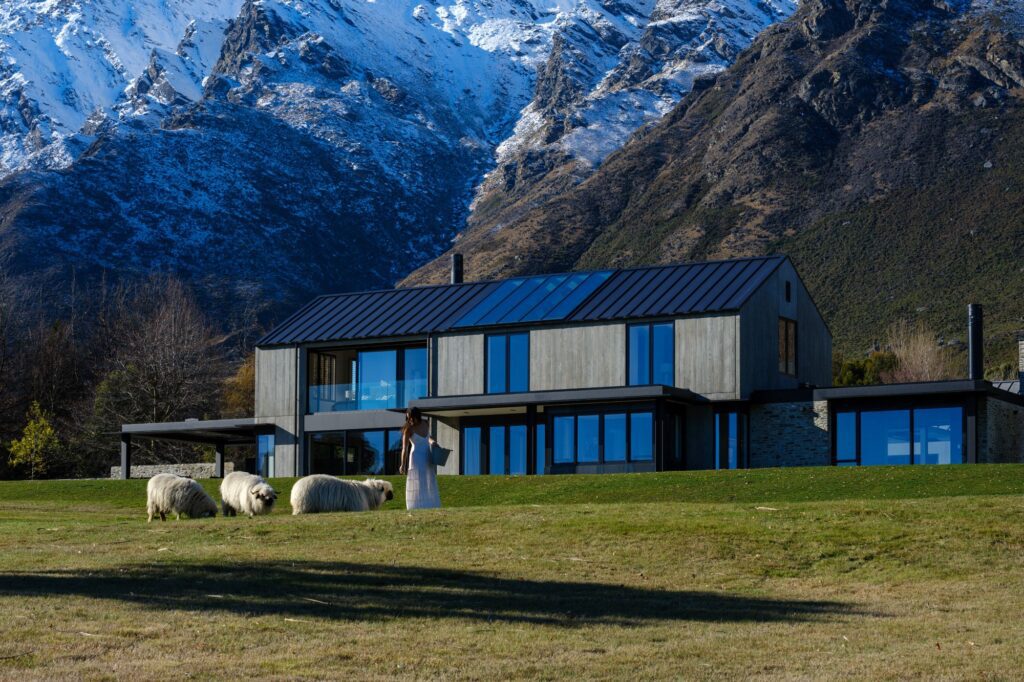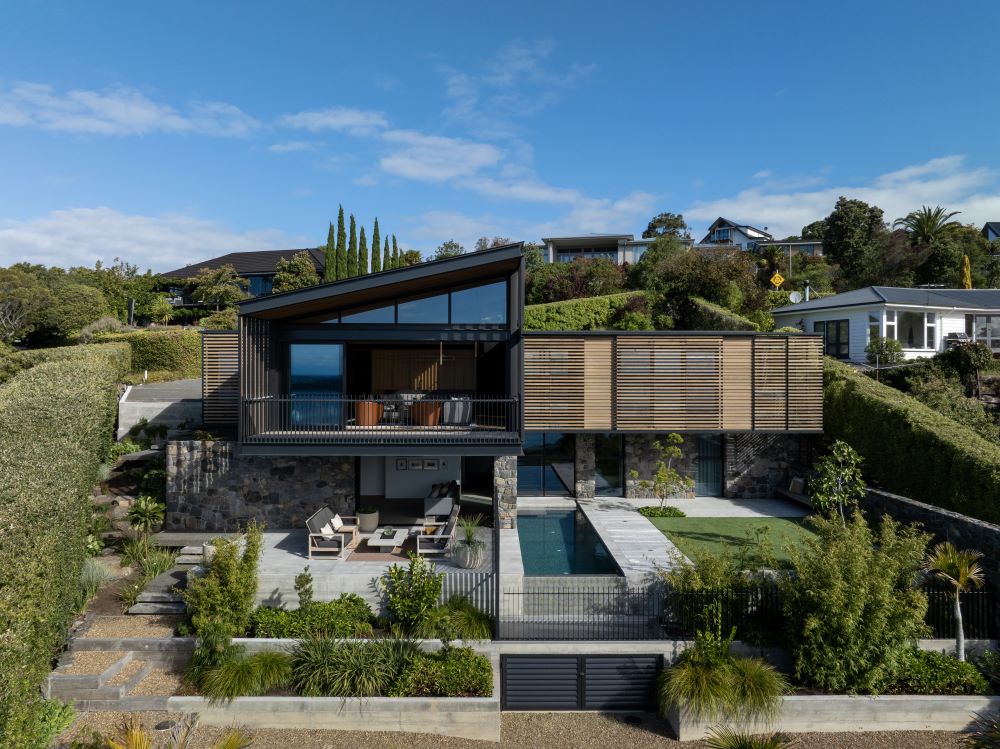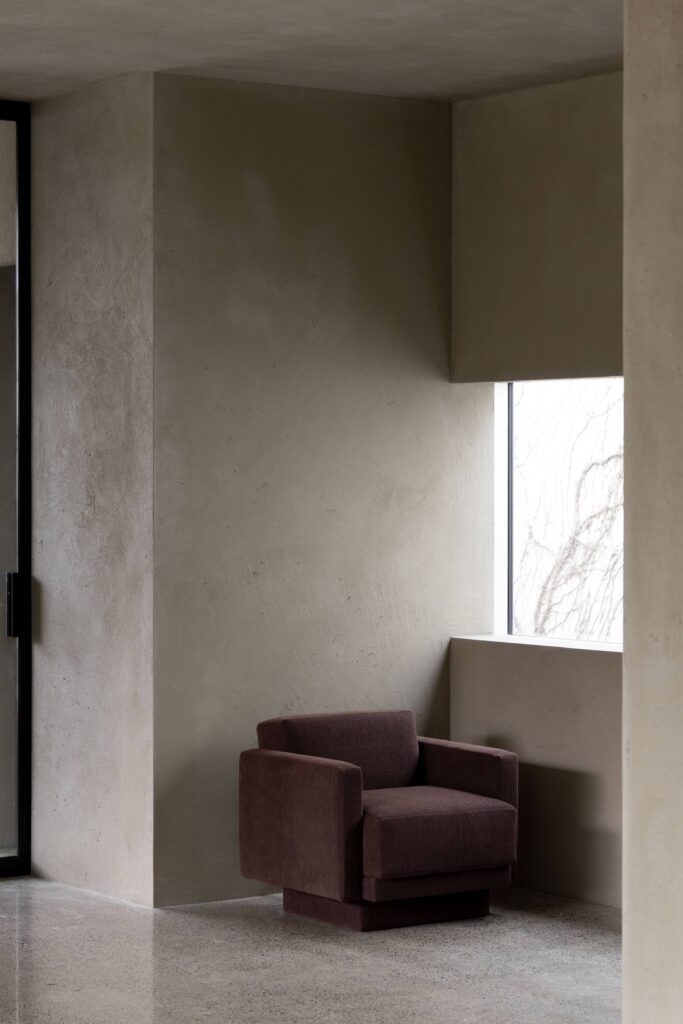Sun-yellow umbrellas, cabanas shaped like onions and a bay-side pool that curves around coconut palms – there’s a French/Fiji fusion at Sofitel Resort & Spa on Denarau Island that’s low-key and a little surprising.
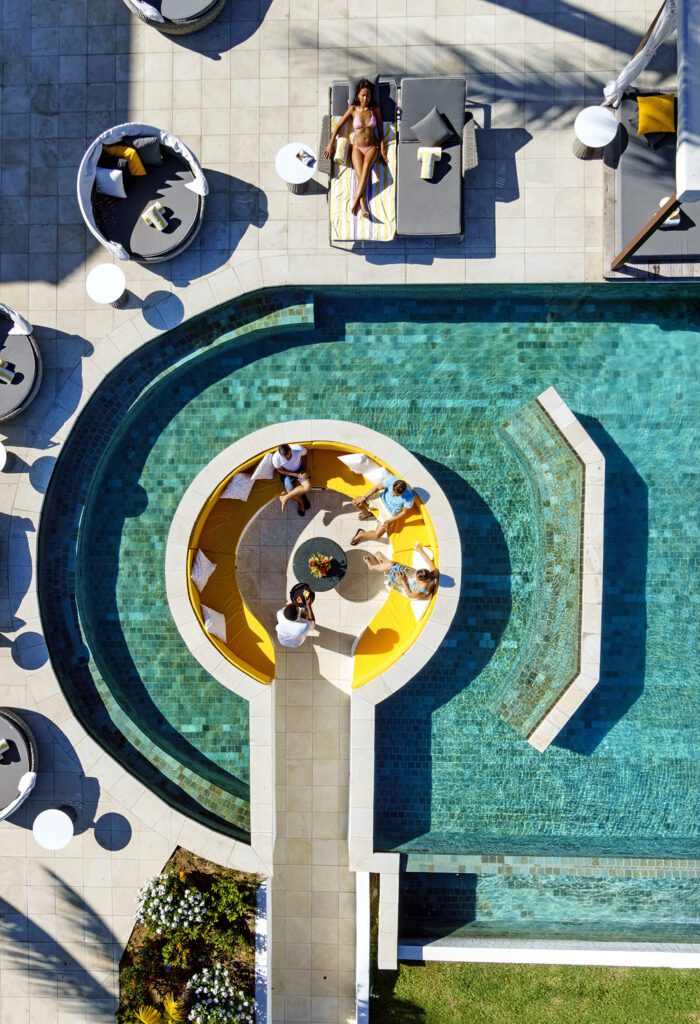
Staff at the hotel, which underwent a FJ$50 million renovation post Covid, greet guests with a cheerful ‘Bonjour Bula’ and, at the Waitui Beach Club, an adults-only sanctuary that centres on the pool, a cheeky little rosé from Provence is the perfect way to say ‘sante’ at the start or end of a Fijian getaway.
Australian-based interior architecture practice Chada (who were also instrumental in the design of the Hilton Auckland) have upgraded the guest rooms and public spaces with a nod to both cultures.
There are 109 rooms and suites that have exclusive access to the Waitui Beach Club, where they’ve crafted a ‘resort within a resort’ with unassuming design details that elevate the atmosphere beyond the expected.
The idea is ‘barefoot luxury’ where guests can walk down from rooms that feature chic, modern touches, for a leisurely buffet breakfast, including buttery pastries (naturellement), in their sarongs and slides.
Within the accommodation, cloud lanterns hang from white tongue-and-groove ceilings, kitchenettes key into the aesthetic with timber-battened cabinetry and soft-grey upholstery and woven chairs lend a contemporary je ne sais quoi.
Architect Chris Cole, who lives locally in Lautoka, collaborated in the design of the beachside bars and restaurants at Sofitel. He explains that the brief for Solis Restaurant, where Mediterranean seafood is on the menu and the sophisticated blue-and-white theme is reminiscent of the Côte d’Azur, required a modern interpretation of the traditional Fijian bure.
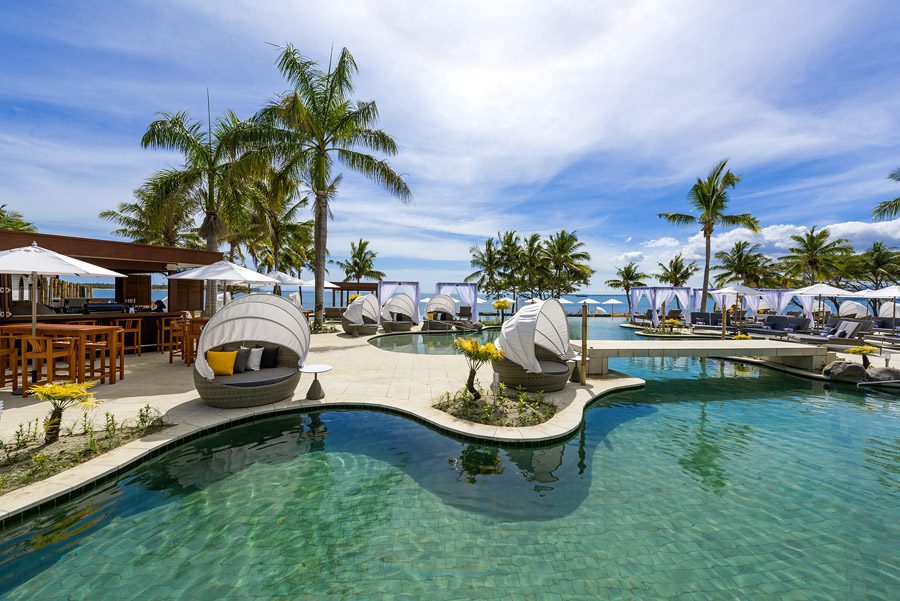
The steep-sided roof is supported by very large, unrefined posts, the framing is chunky and there is a generous use of local textures and materials in the roof thatching, cinnamon-pole roofing over walkways and verandahs, magimagi rope ties to the trusses and a use of local stone around the bar front.
As the balmy day stretches ahead, guests can fill any down time with a visit to the spa – the only salon on the Fijian mainland that is a one-stop beauty shop. A Fijian ritual, the Bobo, is a traditional healing massage (said to have detoxifying qualities – probably wise to put on a post-holiday agenda). Teamed with Pure Fiji products, the French touch is epitomised by the luxury service culture within the spa, complete with a complimentary glass of bubbles on the patio after your treatment.
After a long day’s relaxation, with an occasional visit to the swim-up bar, where mixologists use house-infused spiced rum to concoct a remastering of the Pina Colada, dress to de-stress and arrive for dinner at the Waitui Bar & Grill.
Executive chef Stephane Postoyan (who trained in Lyon) turns the focus on smoky, charcoal-fired meats including the signature wagyu steak which teams superbly with buttery Truffle pommes purée. And there are unctuous French cheeses for afters. Location wise, this is classic Fiji. But there’s an experiential twist. The French accent may be subtle. But it’s there.

